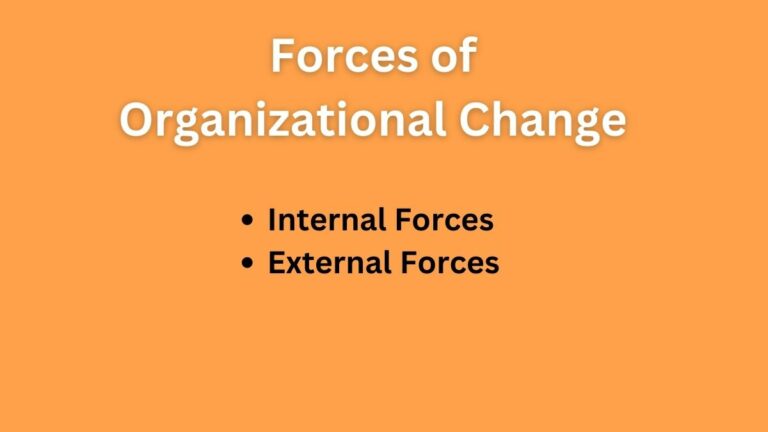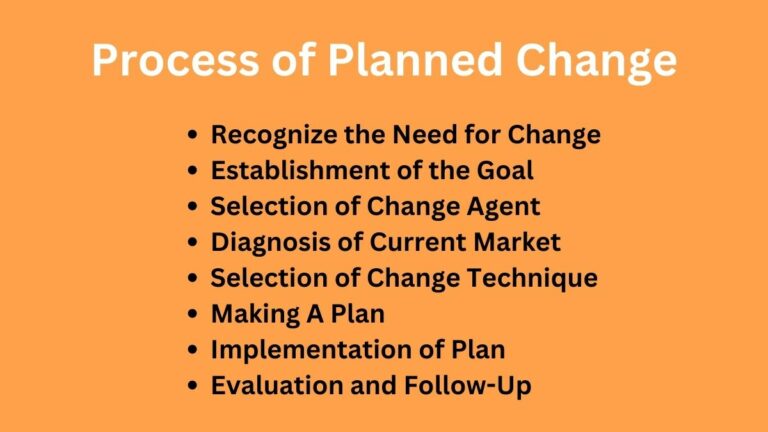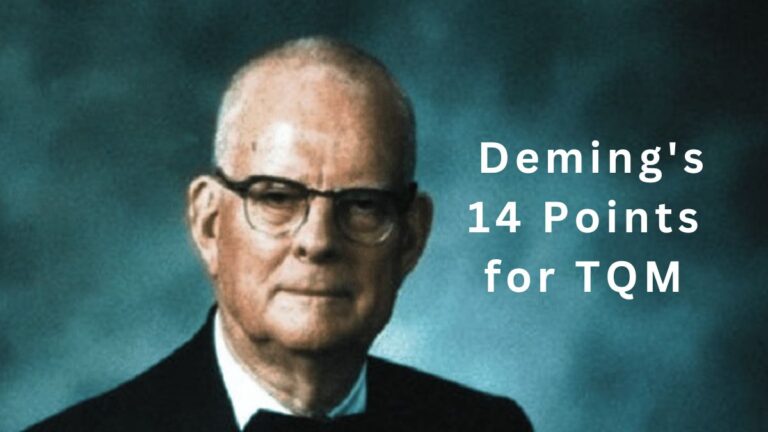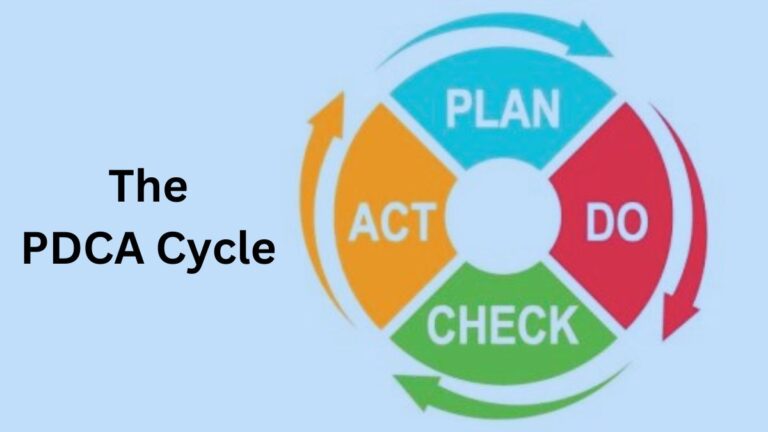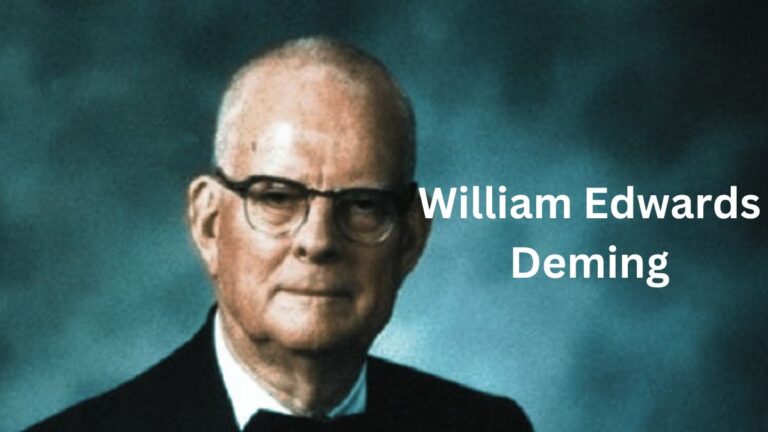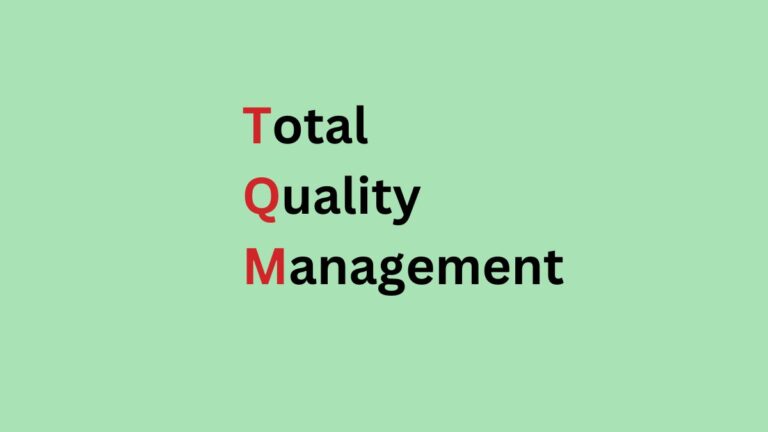What is Resistance to Change? Definition, Types, Causes, and Ways To Overcome
What is Resistance To Change? When people i.e. employees opposed to changes presented by the organization it is called resistance to change. Such opposing behaviors of employees bring difficulty in implementing change in the organization. Employees usually, oppose changes in two ways. One is through the overt way by showing immediate actions to the change…

